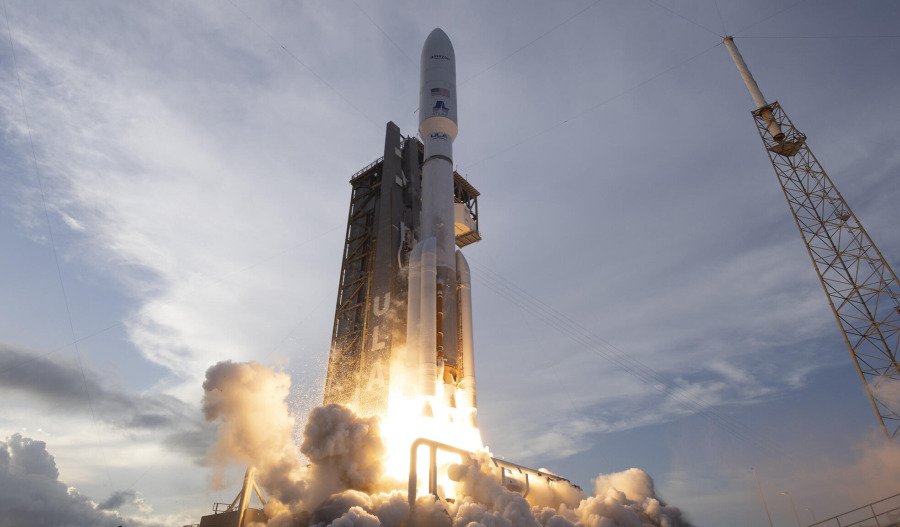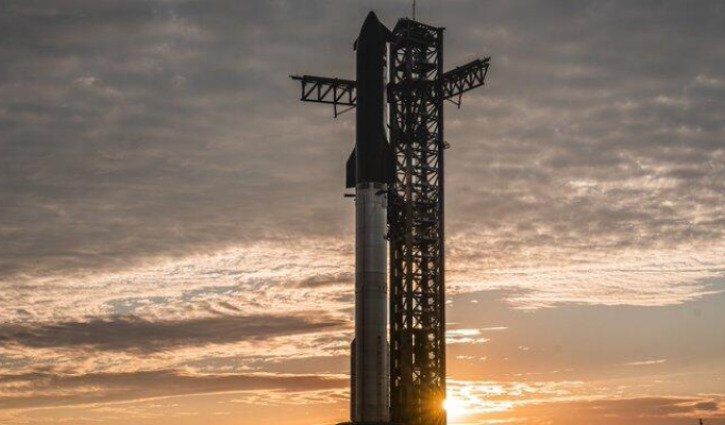An US$88 million pollution tracking satellite has gone missing in space in a major setback for climate efforts.
The MathaneSat satellite has the backing of Google and billionaire Jeff Bezos and was launched only last year on a SpaceX rocket.
The satellite was designed to collect data for five years on sources of methane greenhouse gas. This is responsible for nearly a third of human-induced warming, and will help curb the most serious offenders.
The mission failure on 20 June came just as New Zealand was poised to take over the project.
The New Zealand government invested NZ$29 million in the satellite and the New Zealand Space Agency was supposed to take over the project in June.
"Clearly this is a disappointing development. As those who work in the space sector know, space is inherently challenging, and every attempt, successful or not, pushes the boundaries of what we know and what we're capable of,” the agency said in a statement.
According to the Environmental Defence Fund, which oversees the satellite, communication was lost 10 days ago, and an investigation is underway to see what happened.
While methane doesn't hang around the atmosphere as long as carbon dioxide it is 28 times stronger over a 100-year period.
Despite an international commitment to reduce methane levels by 30% by 2030, year-on-year the European Space Agency says this is unlikely to be met.
While the satellite is unlikely to be found, the core mission of turning methane measurement data into action will continue.
“The engineering team is conducting a thorough investigation into the loss of communication. This is expected to take time. We will share what we learn,” the MethaneSat team said in a project update.
“We will continue to process data that we have retrieved from the satellite and will be releasing additional scenes of global oil and gas production region-scale emissions over the coming months.”



